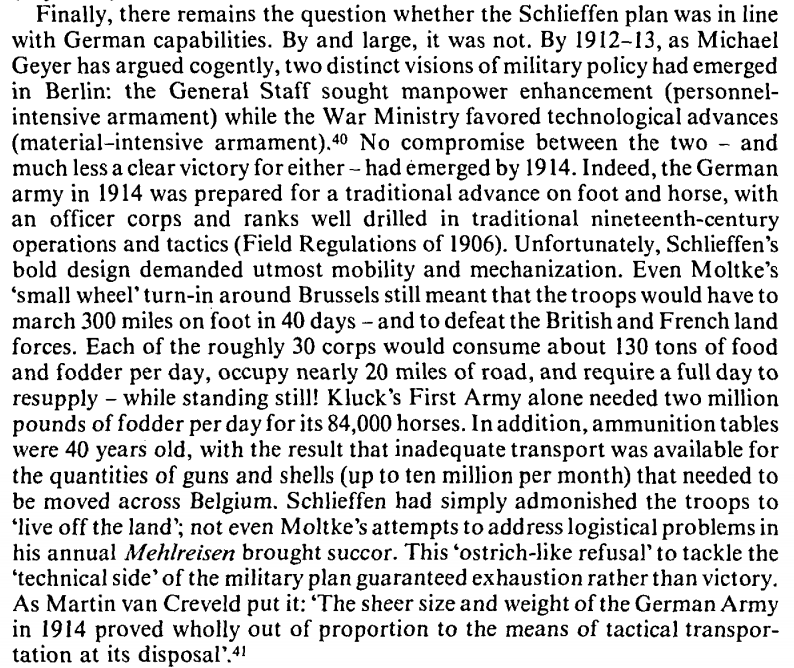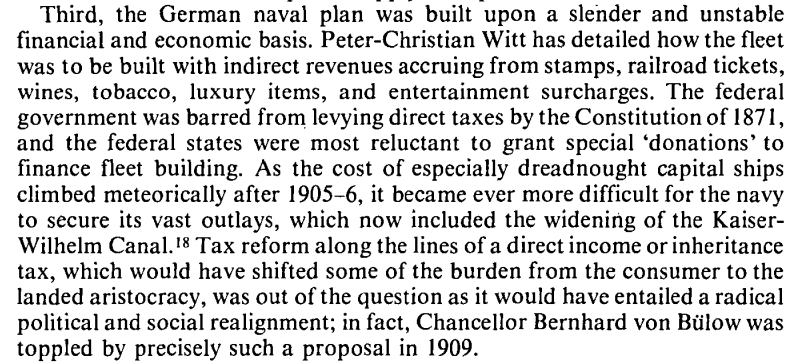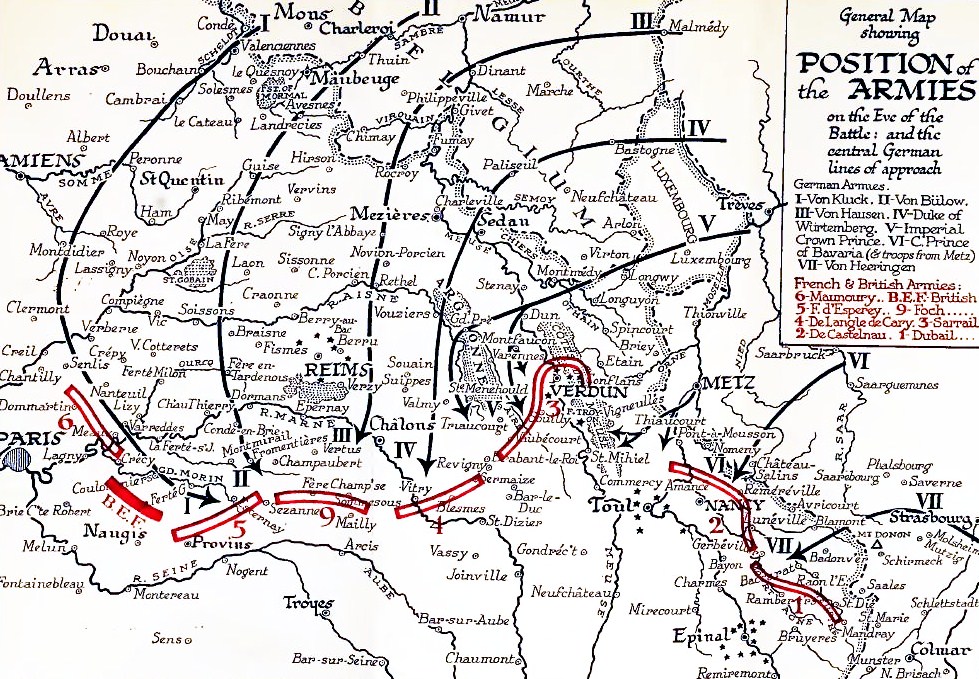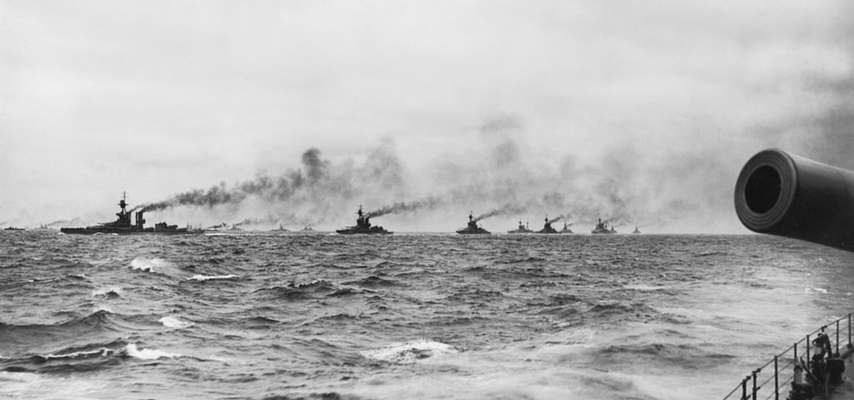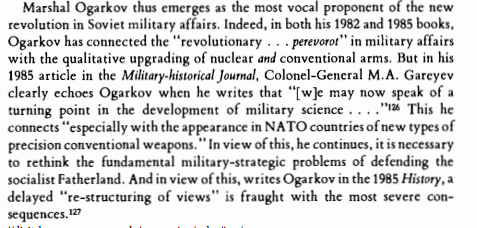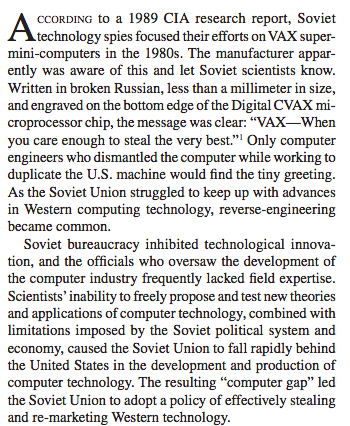Good thread, but for me the interesting question is not whether arms races lead to war (too many problems with reverse causation), but how they shape state& #39;s choices over armaments and what those choices mean for war and peace. 1/n https://twitter.com/ProfPaulPoast/status/1264708047961800705?s=20">https://twitter.com/ProfPaulP...
Unsurprising, arms races and war have an unclear statistical relationship as both deterrence and spiral models are possible. One leads to stability, the other potentially to war. It depends partly on tech, but military expenditure data do not help us get at this nuance. 2/
Crucially, a state could engage in an arms race in the pursuit of some competitive strategy vis-a-vis its adversary--that is, exploiting one& #39;s advantages and favourably shaping the force posture of the adversary.
For a book on the subject: https://www.sup.org/books/title/?id=22068">https://www.sup.org/books/tit...
For a book on the subject: https://www.sup.org/books/title/?id=22068">https://www.sup.org/books/tit...
Take the pre-1914 Anglo-German naval arms race. Britain had the advantage at sea, but Germany went Mahanian and started to build up its navy despite it being truly a land power. The result of the naval arms race was for Berlin to shift resources away from the army. 4/
There& #39;s a counterfactual here: had Berlin not invested in the navy so much, would the Schlieffen Plan have been more in line with German capabilities? Hard to answer given the pathologies of Germany& #39;s military planning and fiscal situation. 5/
Source: https://www.tandfonline.com/doi/pdf/10.1080/01402398608437248">https://www.tandfonline.com/doi/pdf/1...
Source: https://www.tandfonline.com/doi/pdf/10.1080/01402398608437248">https://www.tandfonline.com/doi/pdf/1...
Still, if Moltke did not feel the need to weaken the Schlieffen Plan by shifting troops to the east, then *maybe* Germany could have taken Paris in 1914. Of course, tactical errors in August 1914 played their part. Some do argue that these errors are ultimately what mattered. 6/
And that naval investment? The only full-scale clash in the First World War that involved battleships was the Battle of Jutland. Though Britain suffered more in terms of tonnage, Germany failed to achieve a decisive result. The British, in my view, thus came out ahead. 7/
There are some interesting parallels with the Cold War. To pin the end of the Cold War on the Carter/Reagan military buildup is to be simplistic. Many causes were at play: the structural deficiencies of the Soviet economic system, ethnic mobilisation, Afghanistan, etc. 8/
But Soviet planners were alarmed by US technological advances in the military domain. Consider a Russian general statement about the engineer who built B-1 bombers. (H/t @Mauro_Gilli.) 9/ https://www.nytimes.com/2016/09/09/business/sam-iacobellis-dead.html">https://www.nytimes.com/2016/09/0...
"One [Russian General) asked ‘Do you know Sam Iacobellis? If you see him, tell him he was far more responsible for ending the Cold War than he might realize. We didn’t have the resources to match it. It was the straw that broke the camel’s back.’” 10/
Indeed, Soviet military leaders became aware in the late 70s and early 80s that a new "revolution in military affairs" was afoot, and they were on the losing side of it. 11/
https://digital-commons.usnwc.edu/nwc-review/vol39/iss4/3/">https://digital-commons.usnwc.edu/nwc-revie...
https://digital-commons.usnwc.edu/nwc-review/vol39/iss4/3/">https://digital-commons.usnwc.edu/nwc-revie...
Part of the reason they could not compete was because, as Amy Wilson argues here, the widening "computer gap" reflected problems in the Soviet system writ large. 12/
Source: https://www.tandfonline.com/doi/abs/10.2753/PPC1075-8216560404">https://www.tandfonline.com/doi/abs/1...
Source: https://www.tandfonline.com/doi/abs/10.2753/PPC1075-8216560404">https://www.tandfonline.com/doi/abs/1...
So, in a sense, the Soviet Union could not keep pace with the United States and indeed found itself in "oblivion." 13/
Which brings us back to what Billingslea said:
"We know how to win these races and we know how to spend the adversary into oblivion. If we have to, we will, but we sure would like to avoid it." 14/
"We know how to win these races and we know how to spend the adversary into oblivion. If we have to, we will, but we sure would like to avoid it." 14/
One read of it is that it is a muscular call for arms racing for its own sake.
Another is that the US has unique technological advantages it can still leverage against countries like Russia or China in negotiations.
The merits of this point are, to be sure, debatable. FIN.
Another is that the US has unique technological advantages it can still leverage against countries like Russia or China in negotiations.
The merits of this point are, to be sure, debatable. FIN.

 Read on Twitter
Read on Twitter
